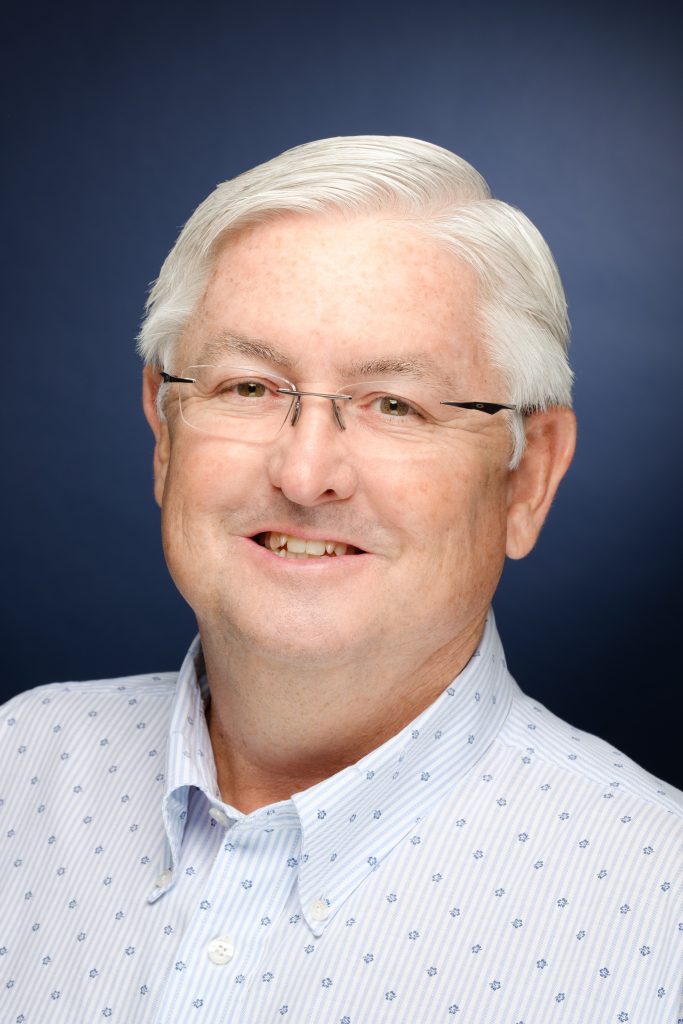 Recently Mike Tate, CEO of On the Same Page Consulting and another executive coach, started a new podcast called “Small-Time Leaders.” The podcast promotes the power of giving credit to others. The format focuses on the idea of someone doing a seemingly small thing that made a big difference in another person’s life and/or work.
Recently Mike Tate, CEO of On the Same Page Consulting and another executive coach, started a new podcast called “Small-Time Leaders.” The podcast promotes the power of giving credit to others. The format focuses on the idea of someone doing a seemingly small thing that made a big difference in another person’s life and/or work.
Mike asks every business leader he interviews the same two questions. The first is this: “When you think about your career, are there certain events that stand out in your mind—things that led to a lasting change in you?” When he approached me about doing an interview, I jumped at the chance to tell him about my own “small-time leader” experience and the profound impact it has had on my life.
In the early days of my consulting practice, I met with nine other consultants who had their own companies. I was primarily doing sales consulting at the time. The other consultants included a fractional CFO, a marketing specialist, an operations consultant, an HR expert, etc. We vowed to help each other succeed, since we had complementary expertise.
About that same time, I was hired by David Brasfield who had a relatively new company that focused on community bank software. He needed my help on a small project.
On the day we met, he asked me how things were going. I was feeling confident at the time, because I was finally experiencing some real success in my new business. Things were going well, and I wanted to make sure he knew that.
He then looked me in the eye and nonchalantly said, “You’re going to go out of business. You’re not going to make it as a consultant.” To say that I was shocked and insulted would be an understatement. First, I had not asked for his input. One of my favorite sayings is, “Advice unsolicited is viewed as criticism.” And, second, how dare he criticize me and say something so mean-spirited!
He went on to say, “You’re in the project business. So when you start a project, you are starting the first day of the end of that consulting project. You’re now taking yourself out of any kind of new-business environment.” He told me I would not be able to create enough opportunities, over time, to maintain a consulting practice. He finished by saying, “Your business model doesn’t work.”
I left that meeting feeling offended and absolutely convinced that David was wrong. One year later, I realized he was 100% right and I was 100% wrong! Without recurring income and the stability of ongoing business relationships, I was just “renting” a client for a short period of time. Then, when our project was over, I had to go out and find another client to “rent” for a while. I was wearing myself out—mentally and physically—by going in and out of project work. Not only were my emotions going up and down, but so was my revenue.
That’s when I changed my business model.
I stopped chasing projects and started to be more involved and integrated in the businesses I was working with. I came to realize that offering people advice on what they should do was only part of what it took to help them do what they do better. Holding them accountable to doing these things—and actually walking with them on the journey—became the most important part of my consulting practice.
We’ve all read an inspirational book, listened to a great podcast, or gone through some type of leadership or professional development only to go back to work and do things exactly the way we were doing them before. Ongoing coaching—with a focus on accountability—changes that behavior.
Now back to my fellow consultants, the ones who all vowed to help each other. Two years after we made that collective decision, I was the only one still in business. I’m convinced that if I went back and looked at each of our original business models, we were all working as project-based consultants.
So these days I share what I learned, and I also share the “Brasfield Rule.” Whenever I’m working with a client, I take a look at how much recurring income they are generating. It’s become a basic part of my practice. David’s lesson not only helped me (and continues to help me), but it also helps me coach my clients to more stability and greater success.
So I’d have to say that David’s unsolicited advice 25 long years ago—that short, unwelcome exchange—has had the biggest impact on me as a consultant.
His advice, even though I didn’t want to hear it, helped me do what I do better.
Here is the link to the Podcast I made with Mike Tate: 13 The Importance of Nurturing and Life Balance with Marc Corsini